With a wide body of work across diverse genres, Boman Irani is undoubtedly one of the finest cinema actors of this generation.
In recent years, he stepped back to spend time with his family and begin an exciting new chapter – his debut as a writer and director with The Mehta Boys, which recently premiered on Amazon Prime.
He teamed up with Hollywood writer Alexander Dinelaris for a simple yet deeply relatable story about an estranged father and son brought together by tragedy.
Irani also plays the father in a film that proves he has the potential to be a remarkable filmmaker.
Eastern Eye caught up with the much-loved Hindi cinema personality to discuss his journey, the new film, and working alongside an Oscar winner.

How do you reflect on your amazing creative journey?
You know, people said I was a late starter, and it’s true. But ever since I was a kid, I wanted to be on stage, in front of the camera – and eventually, behind it. I still have more wants, which we will talk about in the future, but yes, it’s been a long journey of understanding human nature and observing people – how they react to situations.
You started that observation process before entering films.
Yes. From my early days as a waiter, I would observe hotel guests. At the shop, I observed customers. Then, as a portrait photographer, I learned about expression – its fragility and energy. Pain, joy, spark – you can see it all in the eyes. If the eyes spoke, the face came alive. Eventually, on stage, I understood the sense of drama.
Tell us more about your theatre learning, where your acting journey began.
There’s a discipline to it – punctuality, knowing your script and its subtext, understanding cues. There’s no editor on stage. Actors cut the scenes themselves. The pacing is driven by interaction and rhythm. That understanding helped enormously with cinema.
Before films, you appeared in around 200 ad films. What did you learn from those?
I got used to the set, camera, lights, hitting my marks, and how to keep it crisp. In a 30–40 second ad, you must learn economy. That definitely helped me later.
You then made a big impact in cinema, working with some of the greatest filmmakers of the modern era, from Rajkumar Hirani to Shyam Benegal.
Yes, I’ve had the privilege to work with some of the very best. That eventually led to the decision to become a director. And from that, the journey as a writer began.
Is that why you slowed down as an actor in recent years?
I needed to learn how to write – to understand the vagaries and complexities of building a two-hour story. That is the simplest answer. Around the same time, I also became a grandfather. Kids grow up so fast, and I wanted to be present. I also travelled a lot with my family and spent time in the US with my dear friend Alexander Dinelaris, writing and learning the craft. It took time, and I was in no rush.

What made you want to write The Mehta Boys?
That’s a tough one. When something strikes you, it’s more about the heart than the mind. The Mehta Boys is perhaps one of the most relatable films. It could be your story or mine – that is what hit me the way it did.
Could you elaborate on that?
It felt like everyone’s story – brothers, sisters, fathers, sons, mothers, daughters, friends, lovers, husbands, wives, bosses. That deep sense of relatability made me say, this is my film. I truly felt that.
What else appealed to you about the film’s story?
Its simplicity. As Alex says, “Take a simple story and complicate it.” Dive deep, and find what the non-solution is. Because stories with solutions often don’t have the most satisfying ending. In this film, there is no resolution – they simply learn to accept each other and move on. That felt honest.
It is deeper than just a father–son story and you have added interesting touches to it?
Yes, there are nuances. It’s not just their conflict – both are grappling with internal battles.Why is the son withdrawn? Why is the father the way he is? There are much deeper human complexities at work. Both are humbled at different points. So, it’s far more complicated than just saying, it’s just relatable. That’s why it resonated so deeply with me.
What was it like working with Oscar-winning writer Alexander Dinelaris?
When I met Alex, he wasn’t an Oscar winner yet. He was just this incredible man – my guru, though he did not know it at the time. We began writing together. Two and a half years later, he won an Oscar. I thought I’d lost a friend to Hollywood. He did get busy, working with the best.
From iconic supporting roles to leading his own vision, Boman Irani charts new creative territory
But you remained connected.
Yes, surprisingly. He kept checking in on The Mehta Boys. I told him I felt I’d lost a brother, but he would say, “No, no, come over, we’ll make time.” Between other projects, he always found time for me in New York. And to return to your earlier question – that is why I slowed down acting. I was doing this, and those were the best days of my creative career– learning and creating at the same time. It was incredible.
For those who have not seen it, what is The Mehta Boys about?
It is everyman’s story – about human frailty, flaws, loss, and growth. It is about people who are wounded, yet trying to be someone. It’s story about loss and gain. There’s a lot audiences will relate to.
Was acting and directing at the same time your biggest challenge?
The main challenge was fatigue. Acting is emotionally draining. After a scene, I needed a 15-minute break – to lie down, have coffee, even cry if needed – and then return. But I loved wearing multiple hats. I was at my best when guiding the other actors – if they were off-key or not being truthful in a scene, I could step in.
So, what was the biggest challenge in making The Mehta Boys?
Writing. There was no space to wing it on set. The big ideas had to be on paper – then we could explore smaller nuances on set. You cannot invent everything in the moment. The script had to be detailed. Of course, we improvised here and there, but the foundation had to be strong.
The Mehta Boys is available now on Amazon Prime






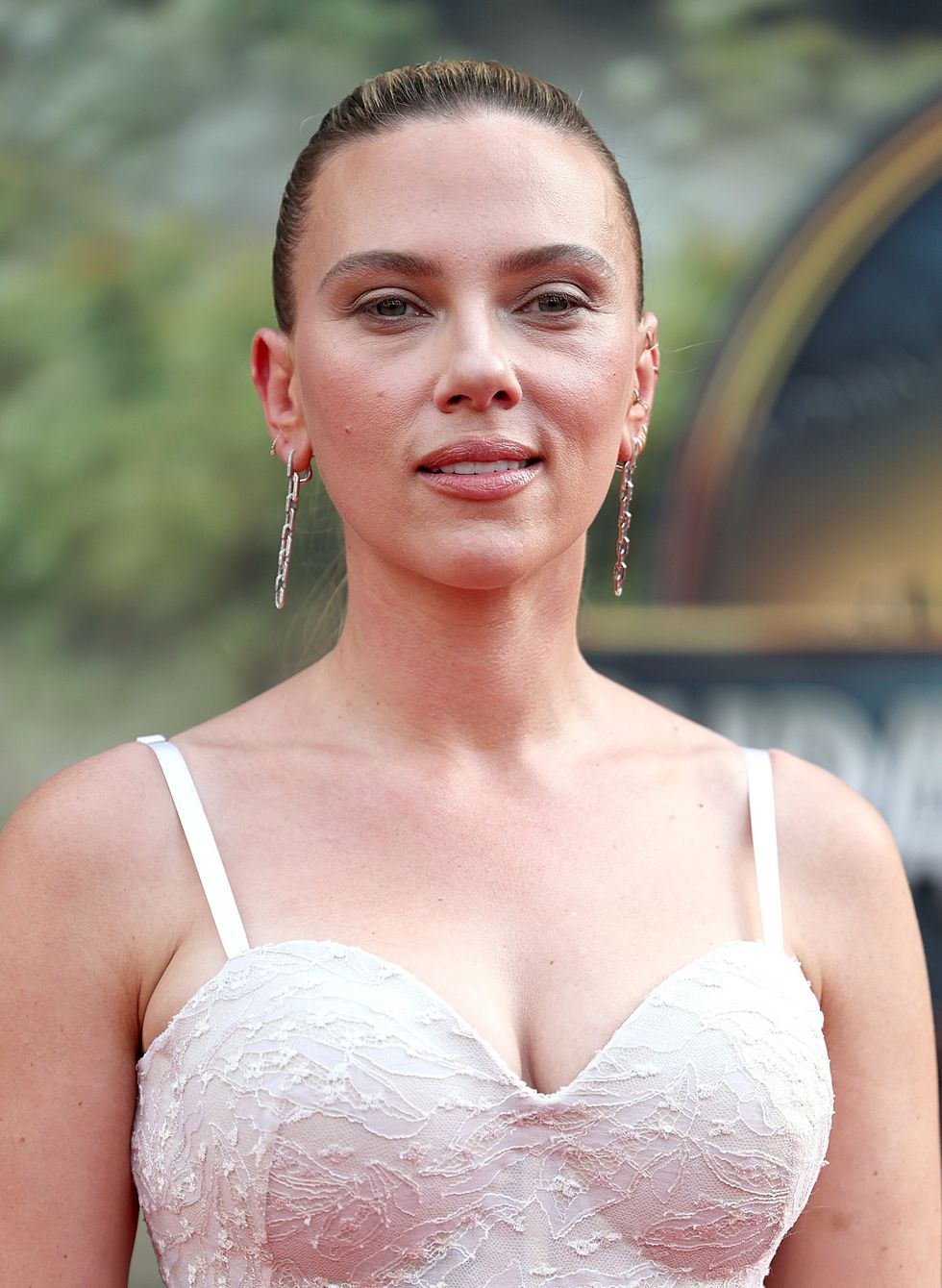 Scarlett Johansson opens up about breaking free from early typecastingGetty Images
Scarlett Johansson opens up about breaking free from early typecastingGetty Images 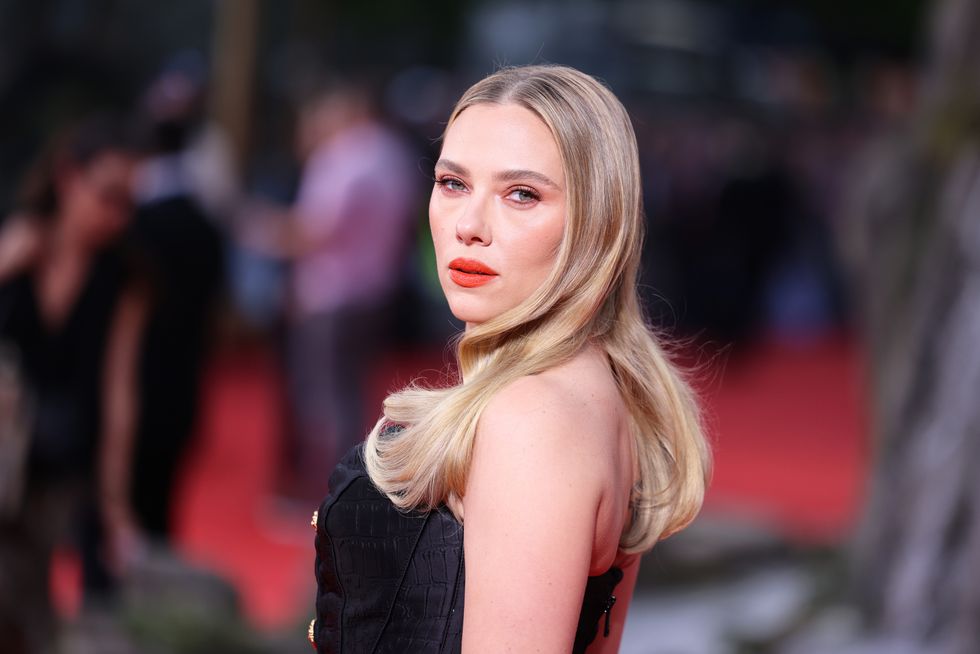 Johansson reflects on her childhood stardom and evolving careerGetty Images
Johansson reflects on her childhood stardom and evolving careerGetty Images 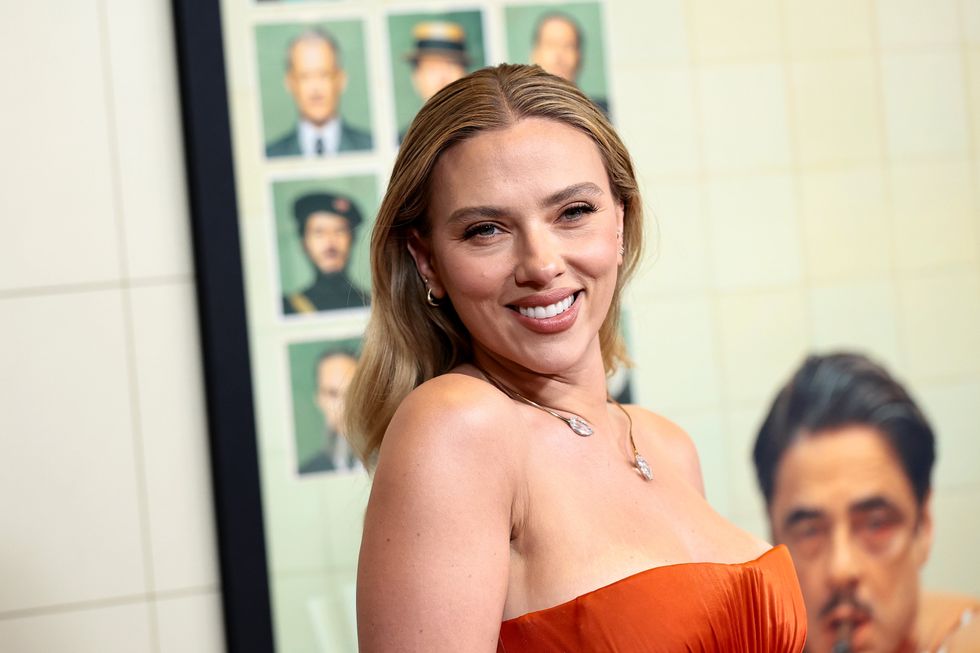 From Avengers to auteur Scarlett Johansson embraces creative control Getty Images
From Avengers to auteur Scarlett Johansson embraces creative control Getty Images 








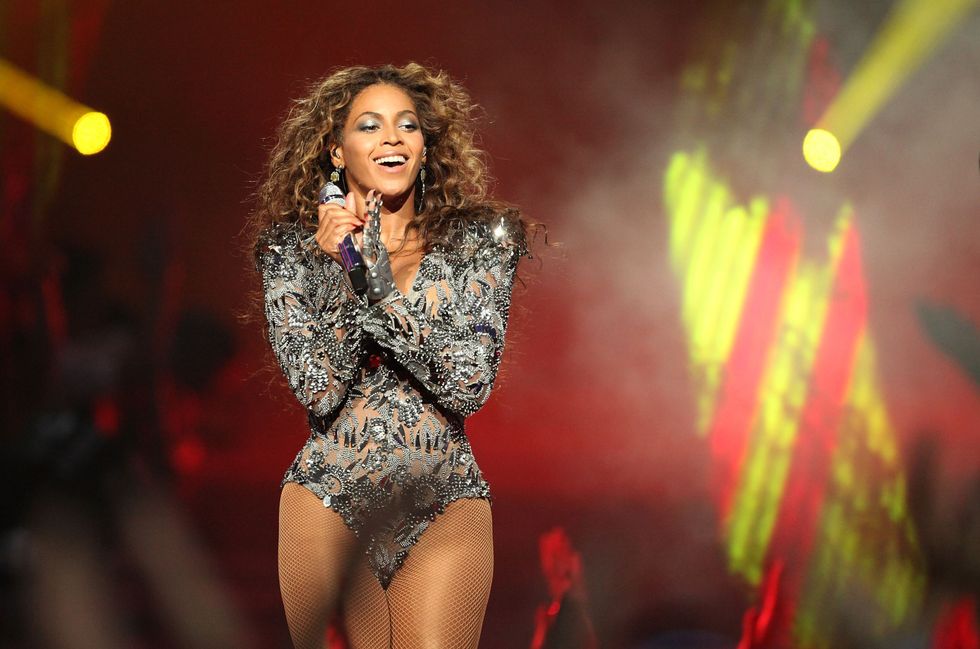 Beyoncé halts Cowboy Carter show after flying car nearly tips over crowd in HoustonGetty Images
Beyoncé halts Cowboy Carter show after flying car nearly tips over crowd in HoustonGetty Images 

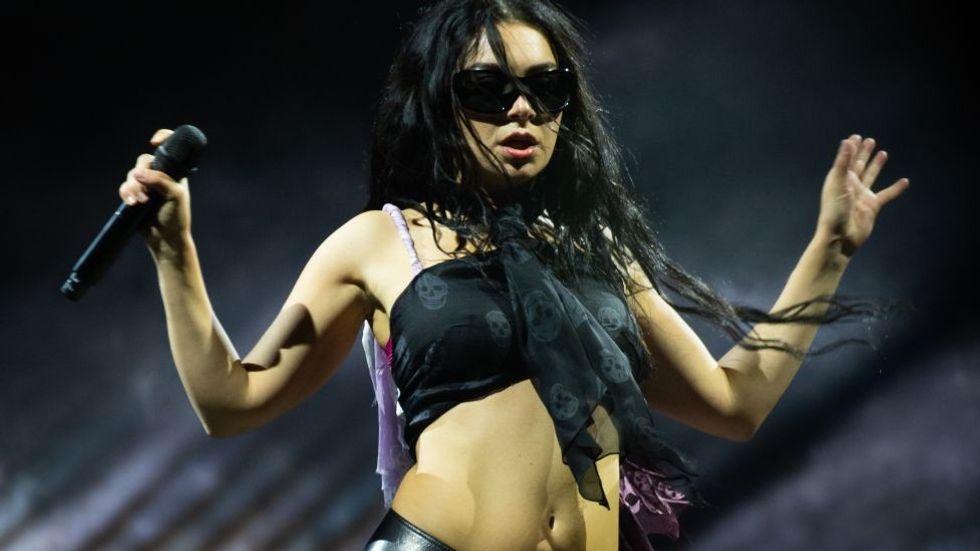 Charli XCX defends her Glastonbury set, calling autotune criticism outdated and dull BBC
Charli XCX defends her Glastonbury set, calling autotune criticism outdated and dull BBC 
 Kareena Kapoor says the incident left their children Taimur and Jeh shakenGetty Images
Kareena Kapoor says the incident left their children Taimur and Jeh shakenGetty Images  Kareena and Saif are now focusing on healing as a family after the traumatic episodeGetty Images
Kareena and Saif are now focusing on healing as a family after the traumatic episodeGetty Images